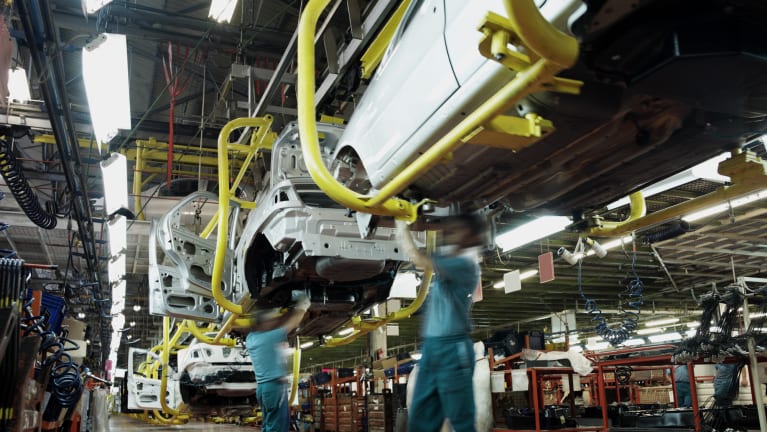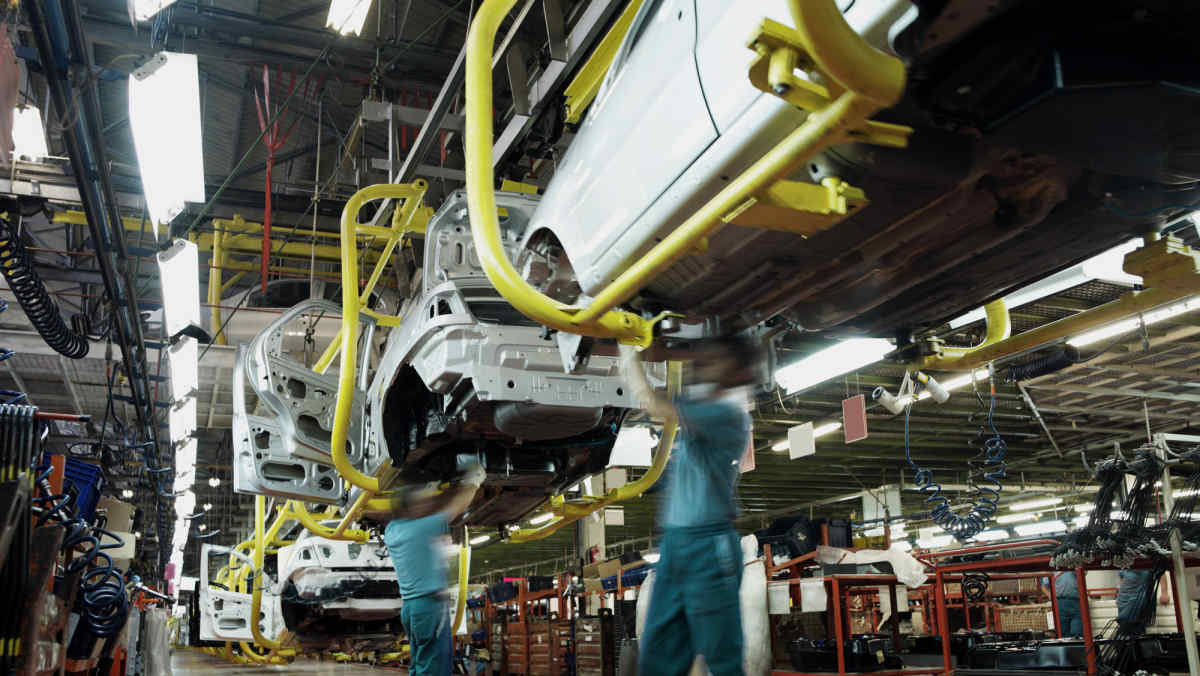

?Takeaway: Regarding Musk’s post, the court found that, while Musk later tried to explain his statement by saying the United Auto Workers’ bargaining would likely cause a loss of stock options, he did not clarify this at the time. The statement, standing alone, could be objectively read as a threat to withdraw stock options if the union were elected.
?The United Auto Workers (UAW) established that Tesla violated the National Labor Relations Act (NLRA) when it fired a union supporter for making a disparaging posting about a nonunion coworker, and when CEO Elon Musk tweeted that employees might not continue to have stock options if UAW became Tesla’s union, the 5th U.S. Circuit Court of Appeals recently held.
Tesla Inc. is a technology and design corporation with a car manufacturing facility in Fremont, Calif. In the summer of 2016, a Tesla employee reached out to UAW to unionize Tesla employees. As part of the unionization effort, the UAW created a voluntary organizing committee of employees who acted as union organizers. As part of the UAW campaign at Tesla, employees who supported unionization leafleted, distributed union paraphernalia, and brought union jackets and shirts into work. In February 2017, an employee posted an online article describing safety conditions and wages of Tesla and advocating unionization.
In September 2017, three Tesla employees, including one who was not a union supporter, went to the California legislature at the behest of Tesla to testify in a public hearing against legislation supported by the UAW. A supporter of the UAW watched a video of the hearing and noted the names of the employees who testified, and he used Tesla’s Workday program to search for them. He took screenshots of their profiles and sent the names to another union supporter. At the time, Tesla had no policy prohibiting nonbusiness use of the Workday program.
The union supporter posted two screenshots, including a screenshot of the employee, to a private “Tesla Employees for UAW Representation” Facebook page. He commented that the pictured employees were in Sacramento, saying the union supporters are lying about how things are at Tesla. He described the testifying employee as making $130,000 a year and said that this proves how much “sucking up” and “riding on people” gets you at Tesla while the ones who do real work get passed over. Someone sent a copy of the post to the named employee, and he objected to the union supporter against the name-calling, after which the union supporter removed the post from Facebook.
The referenced employee also sent a text message and screenshot of the post to HR. He told the HR representative by phone that he felt harassed and targeted. The HR representative sent the complaint to Tesla’s employee relations team and contacted a Tesla investigator about the situation. The investigator wrote a report that recommended firing the union supporter for lying during the investigation and for accessing Workday for nonbusiness purposes.
In addition, Elon Musk maintained the Twitter handle “@elonmusk” to tweet about Tesla’s business decisions and plans, finances, production goals, staffing matters, and breaking news. On May 20, 2018, in response to a tweet that asked Musk, “How about unions?” he tweeted, “Nothing stopping Tesla team at our car plant from voting union. Could do so tmrw if they wanted. But why pay union dues & give up stock options for nothing?”
Several days after the May 20 post, Musk stated he believed that the “UAW does not have individual stock ownership as part of the compensation at any other company,” and as such, Tesla employees would lose stock option if they unionized because “UAW does that.”
Legal Action
The UAW, the fired worker and two other employees filed multiple unfair labor practice charges regarding the firing, the May 20 tweet and other allegedly anti-union conduct. An administrative law judge (ALJ) held a 13-day trial and issued a recommended order and decision against Tesla on most of the alleged violations.
The National Labor Relations Board (NLRB) upheld the ALJ orders for reinstatement of the fired employee and for Musk to delete his May 20 tweet.
Tesla appealed the decision to the 5th U.S. Circuit Court of Appeals, and the UAW appealed seeking a notice-reading remedy at the Fremont facility. The NLRB moved to enforce its orders.
The 5th Circuit denied the petitions of Tesla and the UAW, and granted the NLRB motion to enforce. It found that the evidence indicated that the union supporter had not violated any policy regarding use of Workday before he was fired. The 5th Circuit thus enforced the NLRB’s orders.
Tesla Inc. v. NLRB, 5th Cir., No. 21-60285 (March 31, 2023).
Jeffrey Rhodes is an attorney with McInroy, Rigby & Rhodes LLP in Arlington, Va.

